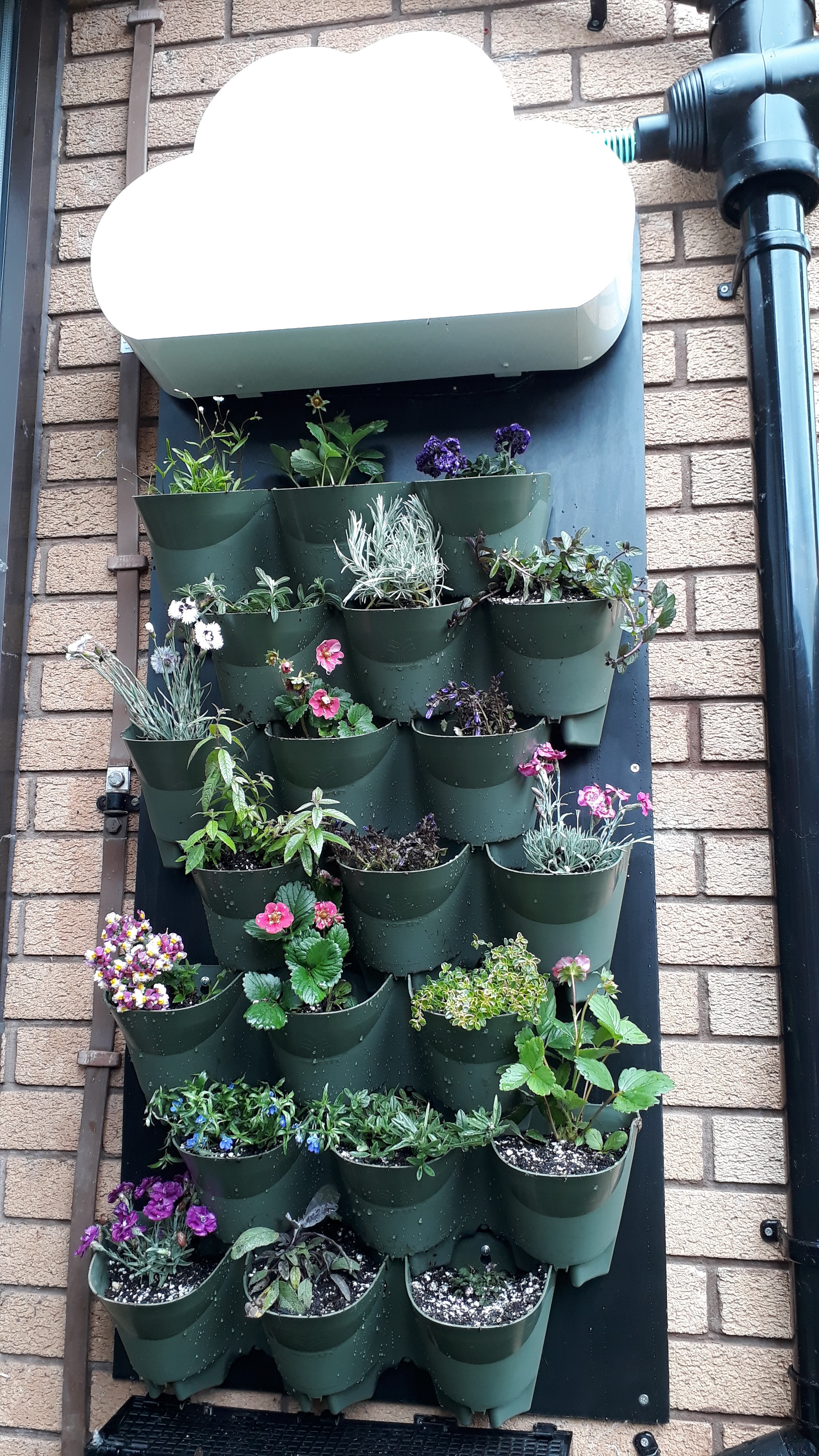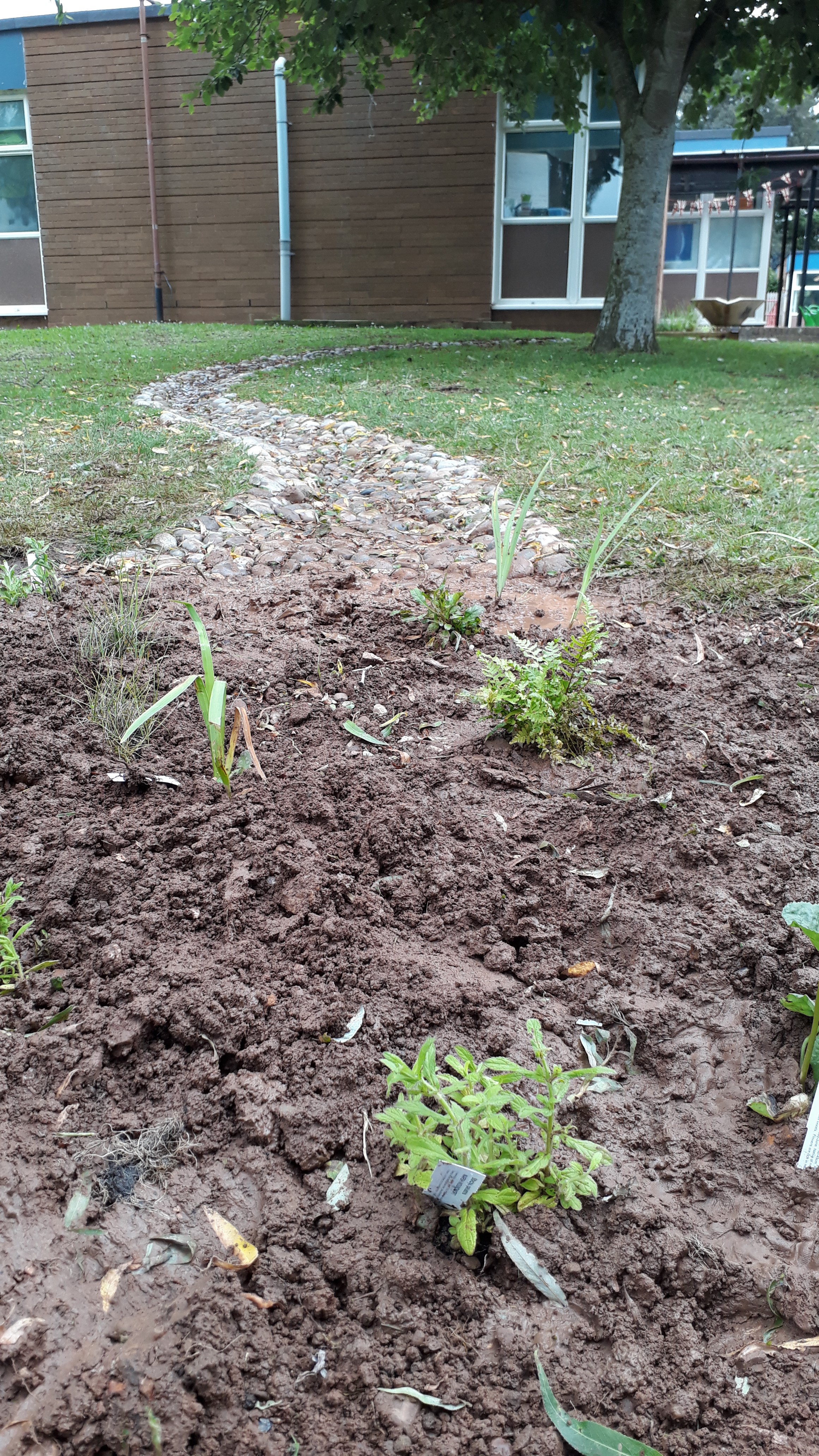 Engaging children and young people with an increasing range of possible climate impacts in positive, action-orientated ways is becoming essential in order to address increasing fears of future generations suffering negatively from eco-anxiety. There is also the need to highlight the important role and value of science, technology, engineering and maths (‘STEM’) in identifying interventions for society to reduce the consequences of climate impacts. As if this wasn’t enough, there’s also the need to enhance gender diversity within STEM subjects (traditionally male-dominated) to enable interventions to be identified and designed in appropriate and inclusive ways.
Engaging children and young people with an increasing range of possible climate impacts in positive, action-orientated ways is becoming essential in order to address increasing fears of future generations suffering negatively from eco-anxiety. There is also the need to highlight the important role and value of science, technology, engineering and maths (‘STEM’) in identifying interventions for society to reduce the consequences of climate impacts. As if this wasn’t enough, there’s also the need to enhance gender diversity within STEM subjects (traditionally male-dominated) to enable interventions to be identified and designed in appropriate and inclusive ways.
With all this in mind, the Westcountry Women Working With Water (5W) project, funded by the Royal Academy of Engineers Ingenious programme, set out to focus on the urban water cycle, flooding and sustainable drainage systems (SuDS) in Taunton (Somerset, UK). The town suffers a past and projected future of flooding under changing climate scenarios. 5W lasted a year (June 2018-July 2019) and was led by UWE Bristol’s Sarah Ward, with other UWE staff and in collaboration with the Westcountry Rivers Trust, the University of Exeter and OTA Water. The 5W team represented engineers and public engagement professionals across backgrounds, genders and ethnicities.
 The 5W team co-created engaging water and SuDS-focused activities with primary school children in two Taunton schools in a bid to demonstrate that engineering can be a career for anyone. Messing around with water, sand, soil, gravel and plants to demonstrate how each alters an infiltration rate was lots of fun for everyone. The children quickly learnt that concrete and tarmac really aren’t good choices to help with surface water management! Specially-created ‘SuDS Top Trumps’ enabled a range of SuDS concepts to be introduced, such as swales, ponds and rain gardens and a follow-up poster and sticker activity enabled the children to have a say about what they would like to see in their schools.
The 5W team co-created engaging water and SuDS-focused activities with primary school children in two Taunton schools in a bid to demonstrate that engineering can be a career for anyone. Messing around with water, sand, soil, gravel and plants to demonstrate how each alters an infiltration rate was lots of fun for everyone. The children quickly learnt that concrete and tarmac really aren’t good choices to help with surface water management! Specially-created ‘SuDS Top Trumps’ enabled a range of SuDS concepts to be introduced, such as swales, ponds and rain gardens and a follow-up poster and sticker activity enabled the children to have a say about what they would like to see in their schools.
Two rain gardens were then co-designed, which were built at each school, and parents and guardians were invited along to ‘celebration events’ so they could explore the installations and ask questions. As a follow-up activity, a citizen science project using monitoring equipment is under development so the children can collect and use rainfall and runoff data to learn about STEM topics and perform their own SuDS research. At the end of the project the children said that they learnt so much about so many things, and the 5W team learnt a lot about how to engage school children with STEM topics, and how exhausting it can be to be a primary school teacher!
A short film about the project is available here.
Footnote: the session plans and learning materials co-created during the project are available in the teachers notes for the book ‘DRY: the diary of a water superhero’.
